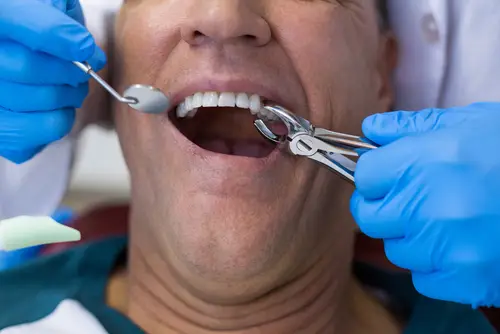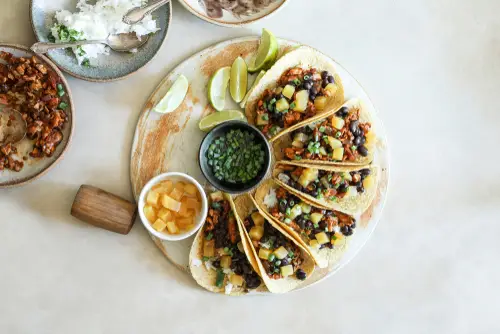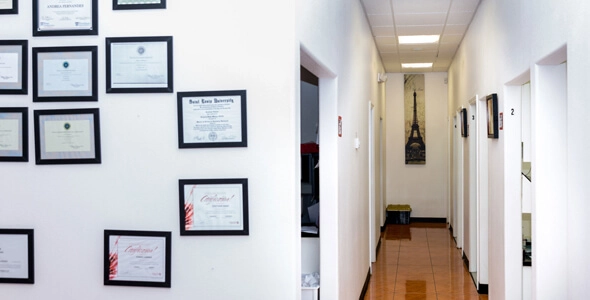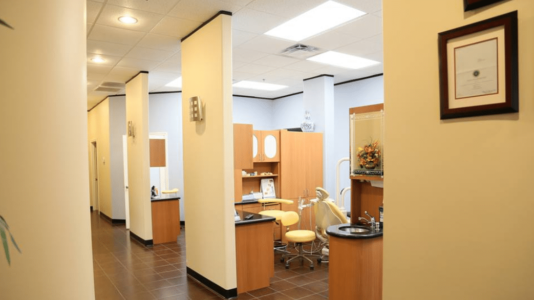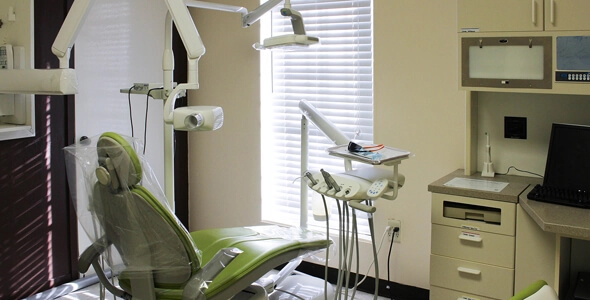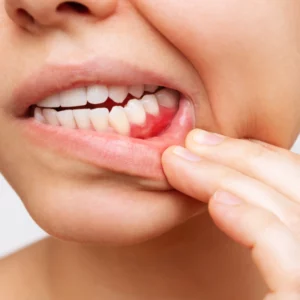There is no easy way to say it— tooth extraction does hurt. The entire process is a series of events where one must be careful during and after the extraction. Getting your tooth removed is not exactly something anyone looks forward to. After tooth extraction, you need to take care of your jaw even more, specifically the site of extraction for sometimes weeks ahead.
This means that you need to take care of cleaning and brushing that site specifically. You should also avoid any strenuous activity just after the procedure. You should also avoid putting the area under any pressure. Avoid smoking and sucking as it can cause an undue amount of stress on the site of extraction.
Nonetheless, the central objective of your teeth and your mouth is to help you consume your food. There are however some restrictions on what you can and cannot eat right after getting your tooth extracted.
You need to avoid any chewy, crunchy, and hard food altogether for up to a week right after you got your tooth extracted. Even foods that are grainy and crispy are not a good idea. These can easily disturb the equilibrium maintained on the site of the operation by the blood clot. You will not be able to chew on tough meats and hard foods such as nuts for a while. This can mean that you will have to turn to softer items such as dairy for your daily supply of protein. You should also avoid smoking and consuming any alcohol since you might have to take pain medications for a while after the procedure.
What Can You Eat After a Tooth Extraction?
- For over the first 24 hours, you can only consume soft foods and liquids such as mashed potatoes.
- Slowly, as time passes, you can turn to normal foods when you start to feel comfortable with the area in question.
- Pancakes, oatmeal, scrambled eggs, applesauce, pudding, yogurt, and broth-based soups (without any huge chunks of meat) are some of the best soft foods easily available. These soft foods will help you in avoiding any stress to your already tender mouth. However, keep in mind that you consume them only at a room temperature.
- You should avoid foods that are too hot or too cold. Consuming foods at such temperatures can cause your nerves to get irritated and even lead to sensitivity. You can however eat foods such as ice cream but only at an optimal temperature and without any chewy or crunchy candy pieces. Avoid munching on any ice cream cones.
How Should You Eat After Getting A Tooth Extracted?
The way you eat your food after an extraction is just as important as what you eat. It is often a good practice to not put the site under any stress whatsoever. You should try to eat from the other side of your mouth. You should let the affected side of the mouth heal as naturally as possible.
Do not eat and chew on anything from this region for a few days after the extraction. You might think that since you might be going for a liquid diet, it is perfectly okay to use your entire mouth or by using a straw. You need to however avoid using a straw because the sucking action might cause a blood clot in the affected region. When a part of your mouth is already tender, the suction can cause the clot to get dislodged, cause some bleeding, and overall increase your healing period.



